
Players compete at the China Hangzhou Esports Centre. ANDY CHONG/CHINA DAILY
Problems emerge
However, they soon encountered obstacles in embarking on their Asian Games journey.
All five players had never played Dream Three Kingdoms 2 before. Despite it being similar to LoL, they still needed to learn the game from scratch. They learned about the characters one by one, mastered the equipment required for the game, got to understand its maps, and adopted a new pace to play the game. "Everything was totally new for us," Law said.
In addition, as Dream Three Kingdoms 2 is a niche game, there was a lack of instructional material and footage about it on the internet.
Undeterred, the team members searched every available resource they could find.
Every player also had his own full-time work to do in addition to preparing for the Asian Games. Their jobs include being a pastry chef at a hotel, a games anchor, and an engineer.
Law said, "We had to squeeze in time and sacrifice relaxation to improve."
Furthermore, the team faced an age disadvantage. While the prime age for an esports player is generally considered to be 18 or even younger, the Hong Kong team's ages ranged from 25 to 34.
The players faced younger competitors with quicker reactions, a keener focus and greater endurance than themselves. To counter the age gap, they made an extra effort to practice harder.
After months of training, in late July, the team took part in Road to Asian Games, the preliminary and qualifying round for esports at the Games in Hangzhou.
esports teams assessed their rivals' abilities ahead of the official competitions. While the Hong Kong team achieved good results against opponents, it faced a significant challenge against the Chinese national side, which comprised highly skilled professional players with more than 10 years' experience.
Law said: "After finding that I was not making any progress despite continuous practice, I nearly lost my motivation. It seemed impossible for us to surpass the national team in a short period."
Still, the Hong Kong team members refused to give up, and researched strategies and methods to improve themselves.
One crucial decision they made was to transform Martin Yau from player to coach.
Yau said that at first, the team did not see the need for a coach, but later it realized a coach could play an invaluable role in helping with games reviews and analysis, summarizing play, and providing emotional support when morale was low.
To fill Yau's position, Yip turned to his brother, Vlam Yip Wai-lam, who had competed alongside him on numerous occasions.
At the time, Vlam Yip was working full time as a civil servant, but he quickly decided to resign, committing himself fully to the Asian Games.
"It was not a hard decision for me. This was a once-in-a-lifetime opportunity, and I had to take it," Vlam Yip said.
Pushed by the deadline for competition, the other team members decided either to take a break from work or resign.
In the following months, they devoted themselves fully to rigorous practice sessions. They spent hours preparing together, discussing tactics in group chats, analyzing videos of their matches, and finding ways to improve their performances.
Despite failing against the national side, the Hong Kong team's dedication led to a remarkable improvement, and the players triumphed against all the other teams they faced from different countries and regions to win silver in the final.








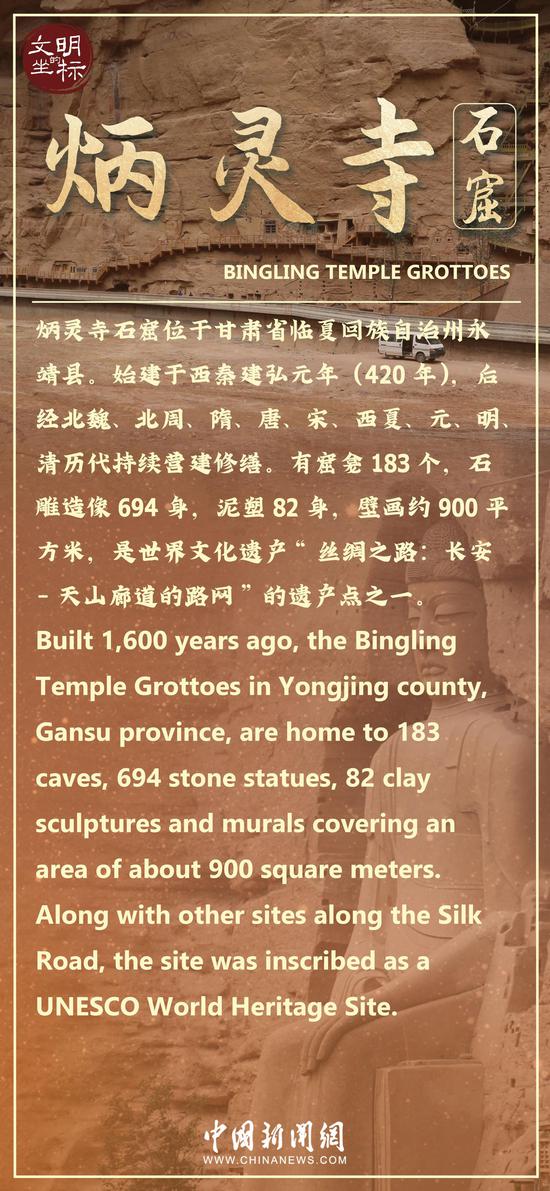
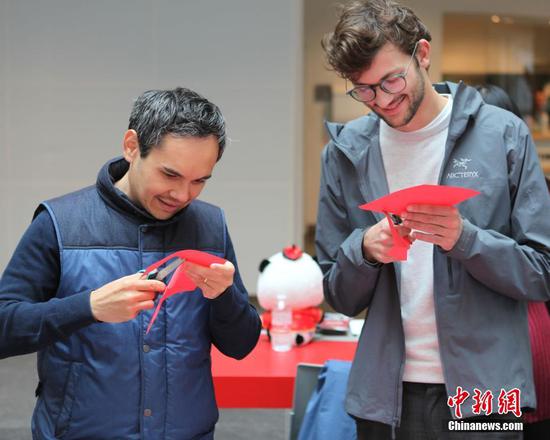
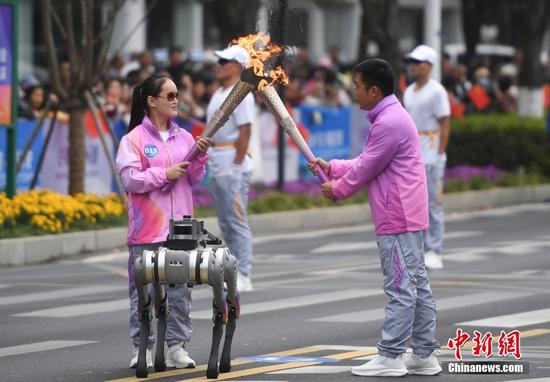




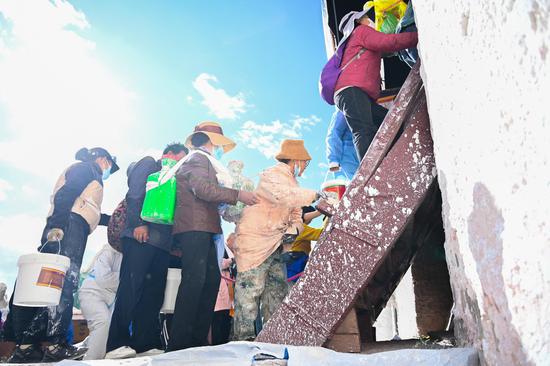
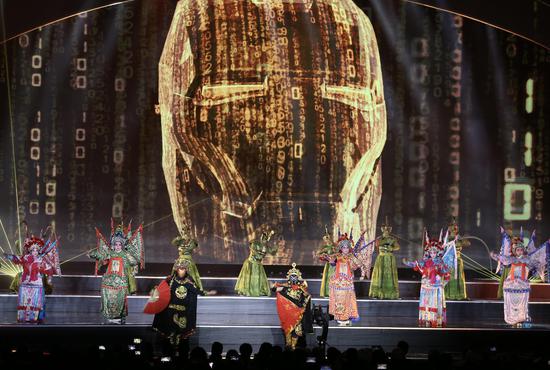
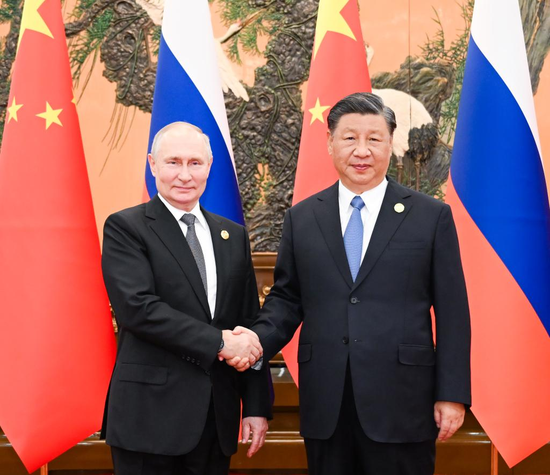
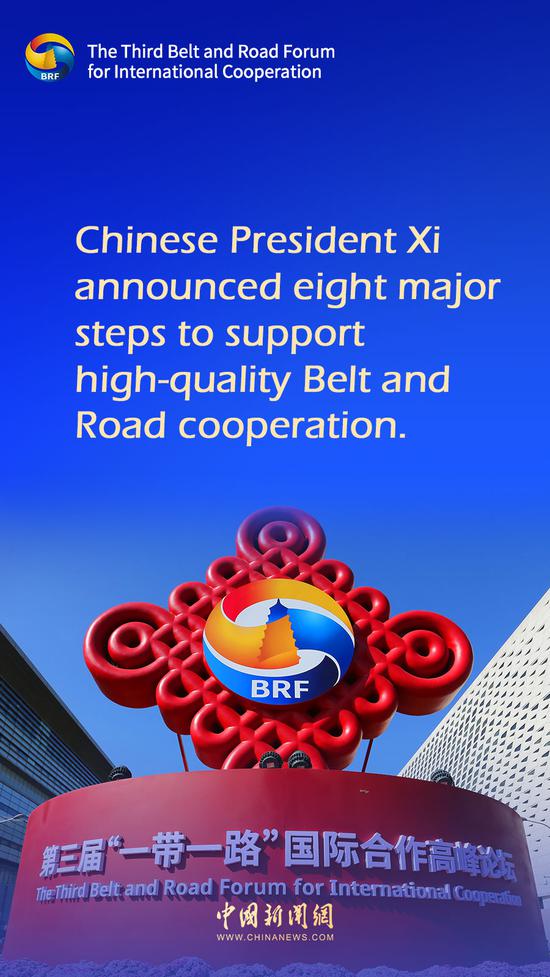


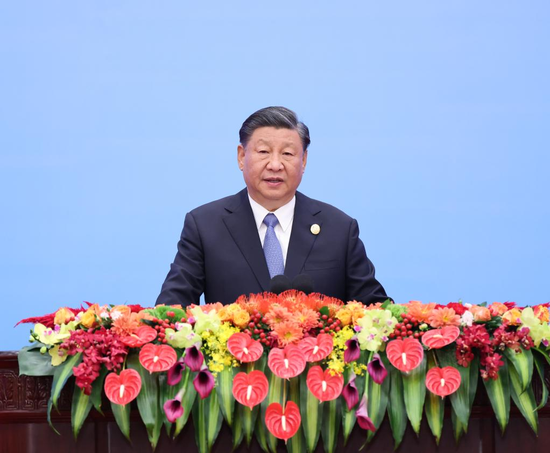
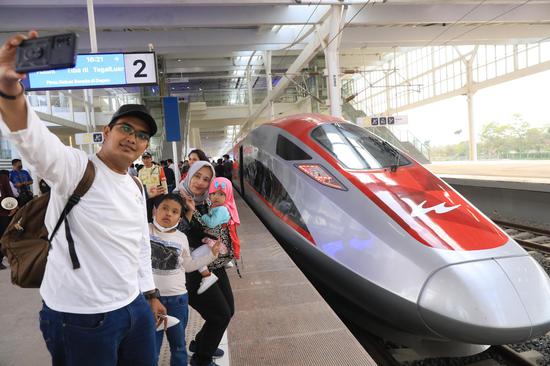


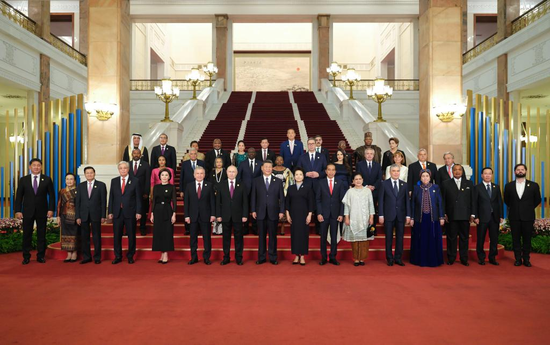
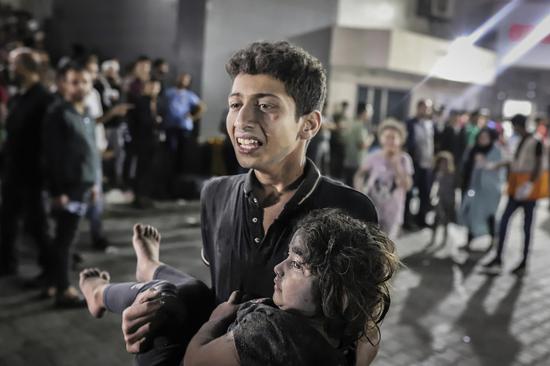
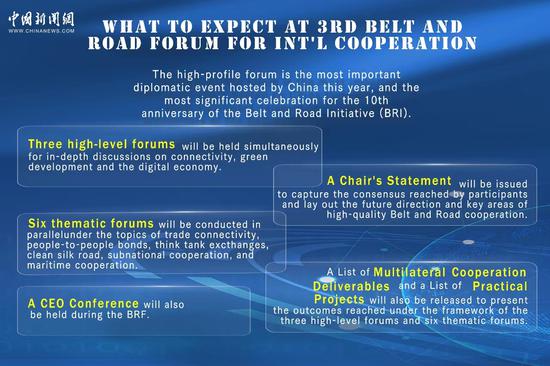

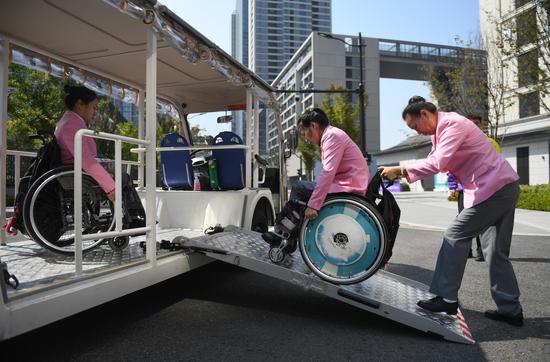

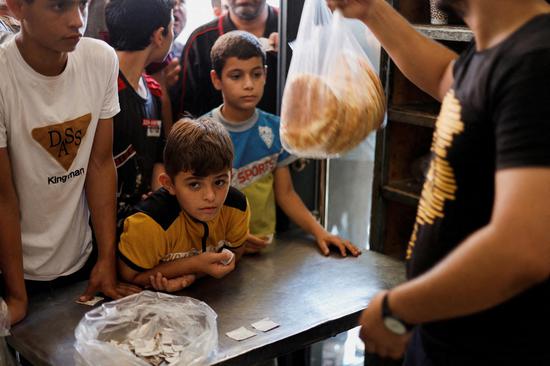
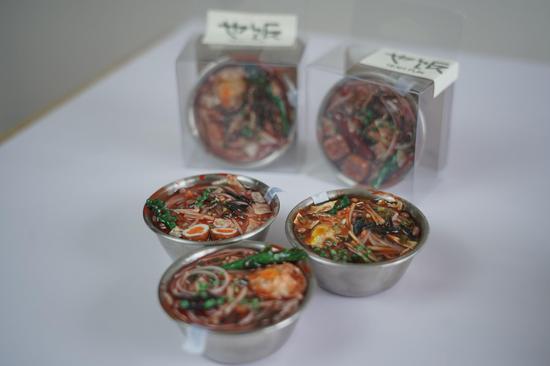


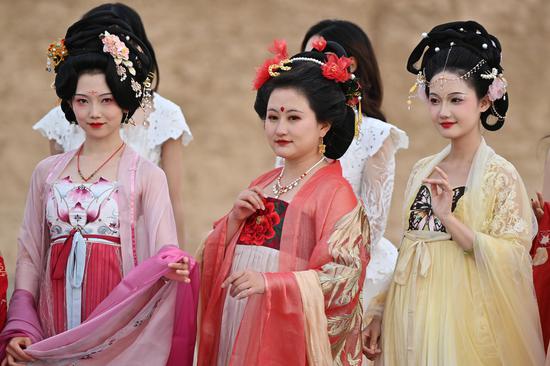
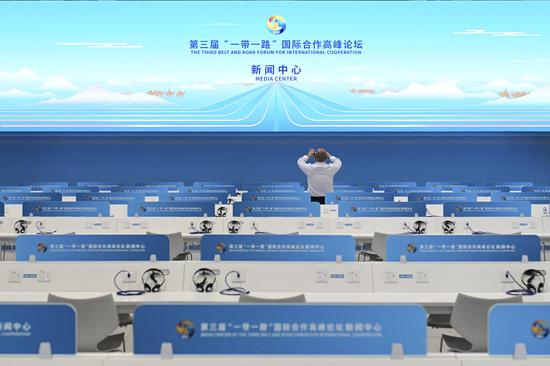

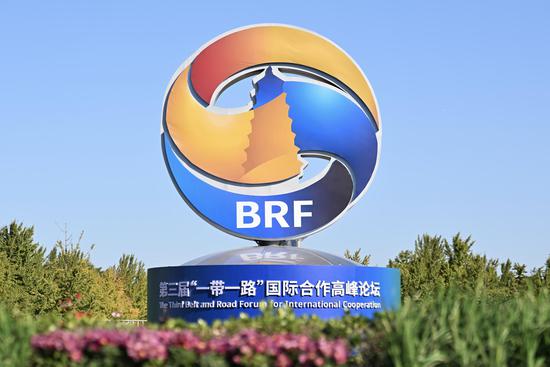
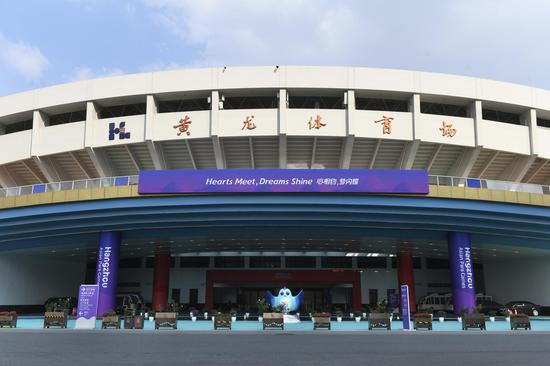
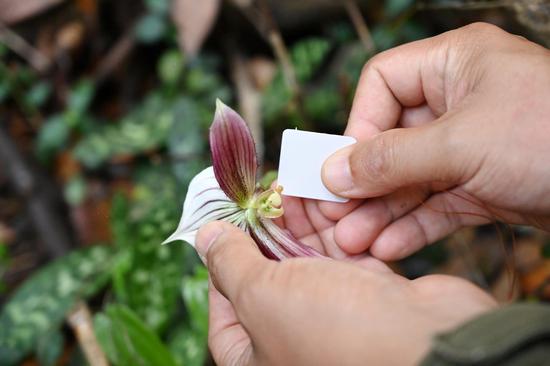


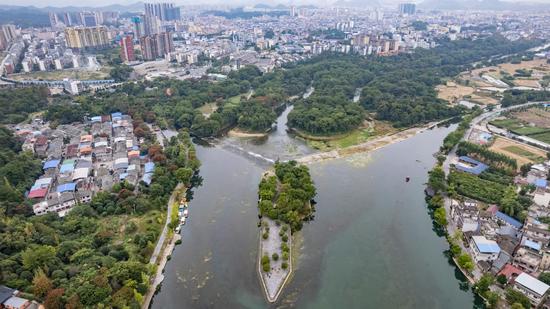
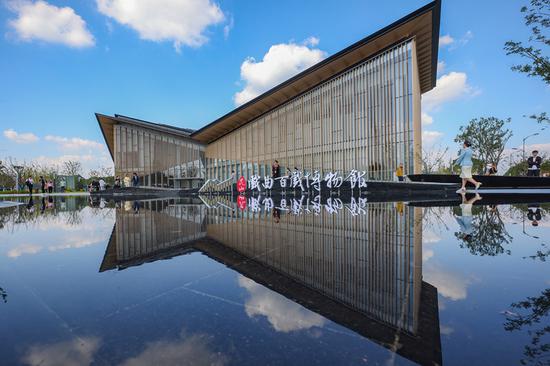





 京公网安备 11010202009201号
京公网安备 11010202009201号